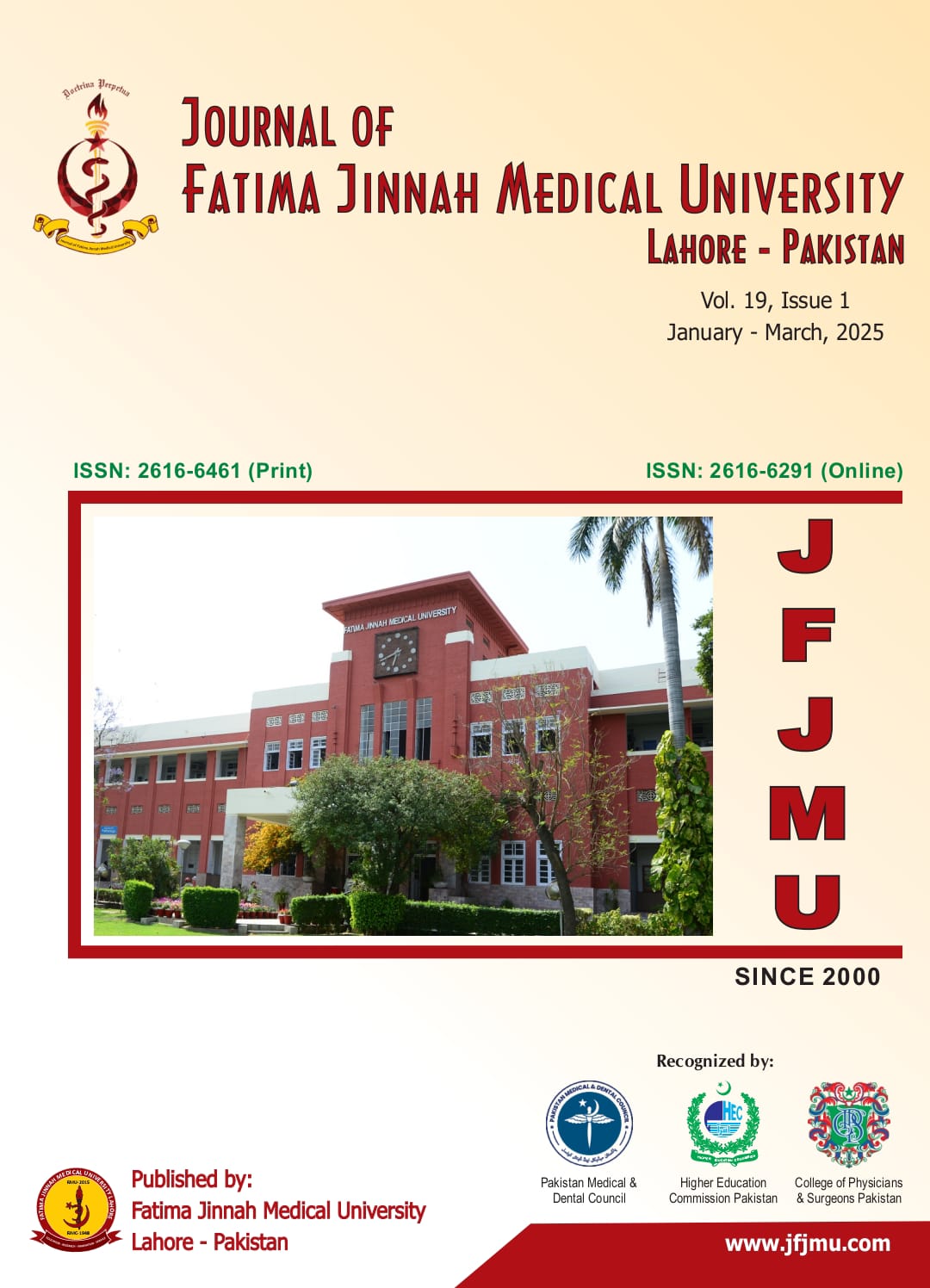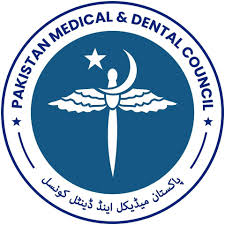The Need for Implementation of Interprofessional Education in Undergraduate Health Professions Colleges in Pakistan
DOI:
https://doi.org/10.37018/SDWE8545Keywords:
Interprofessional Education, health professions, undergraduate medical education, patient-centered careAbstract
ABSTRACT
Background: The purpose of this study is to look into the necessity of integrating Interprofessional Education (IPE) into Pakistani undergraduate health professions colleges. The main goal is to evaluate staff and student awareness, attitudes, and perceived barriers regarding IPE.
Methods: A mixed-methods approach, combining surveys (n=128) and focused group discussion (n=17), was utilized to obtain comprehensive insights into the perspectives of both students and faculty members over a period of 10 months from medical, dental and nursing colleges. Surveys were distributed to a stratified sample of students and faculty members, evaluating their awareness, perceptions, and challenges related to IPE. Additionally, semi-structured FGD was conducted with a subset of participants to delve deeper into their viewpoints. Descriptive statistics and thematic analysis were employed to analyze the quantitative and qualitative data, respectively.
Results: The survey responses and FGD narratives revealed scanty awareness regarding IPE concepts among both students and faculty members. While participants expressed positive attitudes toward IPE, significant challenges such as curriculum constraints, limited resources, and organizational resistance were identified as barriers to effective implementation. The qualitative analysis highlighted the potential benefits of IPE, including improved teamwork, communication skills, and patient-centered care.
Conclusion: Despite the acknowledged benefits of IPE, challenges persist that hinder its successful integration. This study advocates for a comprehensive strategy to overcome challenges and promote the effective implementation of IPE, ultimately contributing to more proficient and patient-centric healthcare delivery in Pakistan.

Downloads
Published
How to Cite
Issue
Section
License
The Journal of Fatima Jinnah Medical University follows the Attribution Creative Commons-Non commercial (CC BY-NC) license which allows the users to copy and redistribute the material in any medium or format, remix, transform and build upon the material. The users must give credit to the source and indicate, provide a link to the license, and indicate if changes were made. However, the CC By-NC license restricts the use of material for commercial purposes. For further details about the license please check the Creative Commons website. The editorial board of JFJMU strives hard for the authenticity and accuracy of the material published in the journal. However, findings and statements are views of the authors and do not necessarily represent views of the Editorial Board.

















